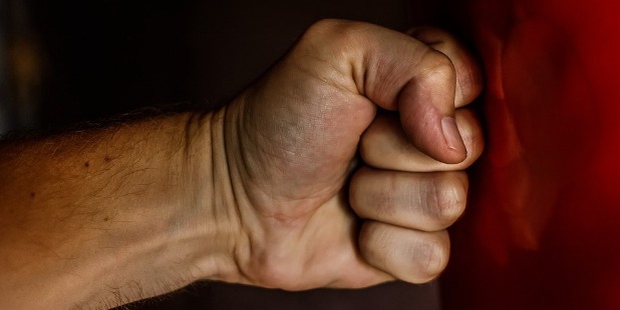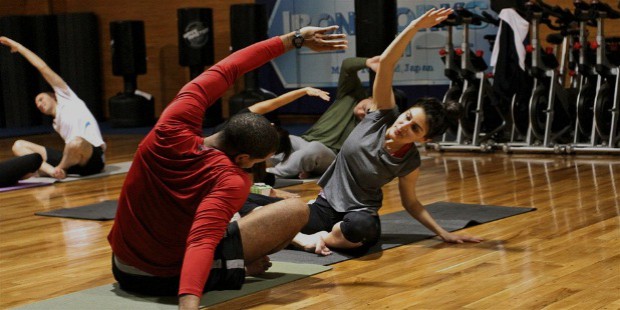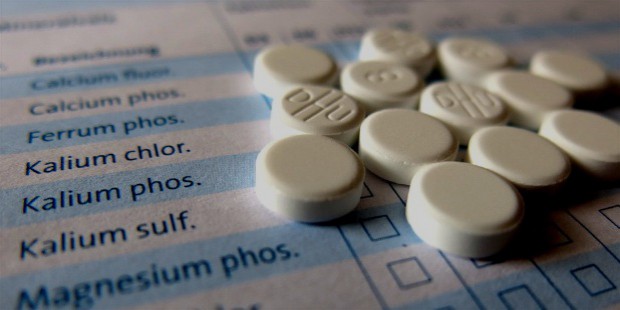6 Good Ways of Spotting and Dealing with Passive Aggressiveness

It is important to recognise when you feel angry or experience feelings that may lead to anger. You should not try to suppress your anger but instead try to understand it and act in a positive way to alleviate negative aspects of your anger.
1. Exercise Regularly

When you exercise regularly, your body learns how to regulate your adrenaline and cortisol levels more effectively. People who are physically fit, have more optimum levels of endorphins; endorphins are hormones that make you feel good and therefore less likely to feel angry. Exercise improves both the strength and the efficiency of your cardiovascular system to get the oxygen and nutrients to your muscles. When your cardiovascular system works better, everything seems easier and you have more energy for the fun stuff in life.
Physical activity stimulates the release of endorphins which make you feel better and more relaxed. These in turn improve your mood and lower your stress levels. Physical activity can help you meet people, reduce stress levels, cope with frustration, give you a sense of achievement and provide some important “me time”, all of which help to relieve depression.
2. Introspect

It can be helpful to identify what made you angry in the first place. However, it is more important to focus on a way to resolve problems so that they don’t arise again in the future. Wait until you have calmed down from your anger and then express yourself in a calm and collected way. You need to be assertive without being aggressive. Avoid conversations that may make you angry when you are feeling tired, distracted or stressed. We are more likely to feel and behave in an angry way when there are other worries in our minds.
3. Medication

In the case of mood stabilisers, there have been three double-blind trials as well as several case series to evaluate lithium for aggression. They have produced equivocal results. There have been several studies of methylphenidate in this population. Its effects appear to be limited to the symptoms of attention deficit hyperactivity disorder but not aggression. Clonidine is used primarily as an antihypertensive agent. Naloxone is primarily used for self-injurious behaviour.
4. Counselling and Therapies

Counselling is a helping approach that highlights the emotional and intellectual experience of a client, how a client is feeling and what they think about the problem they have sought help for. A wide range of therapies are used for the treatment of autism and aggressive behaviour. All of these therapies have their passionate advocates and endorsing parents. Counselling is often practised with persons with borderline, mild and moderate intellectual disability.
To the extent that counselling includes various behavioural methods such as relaxation training, problem-solving and anger management skills, it is possible that counselling may be effective. Counselling methods are almost always contraindicated with persons with moderate to profound intellectual disability. Cognitive therapy might be appropriate for some persons with either intellectual disability or autism.
5. Perform Breathing Exercises

When you start to feel tense and angry, try to isolate yourself for 15 minutes and concentrate on relaxing and calm and steady breathing. Inhale and exhale deeply 3 or 4 times in a row. Count slowly to four as you inhale. Count slowly to eight as you exhale. Focus on feeling the air move in and out of your lungs. Concentrate and feel your ribs slowly rise and fall as you repeat the exercise. Stop and revert to normal breathing if you start to feel dizzy at any time.
6. Understand your Situation

Reaching an awareness of your personal experiences will help you monitor and control your reaction to aggression in others. People are both physically and emotionally affected by aggression. Emotions can alter their physical state, for example when feeling angry your muscles tighten, the heart beats faster and shaking can occur.









